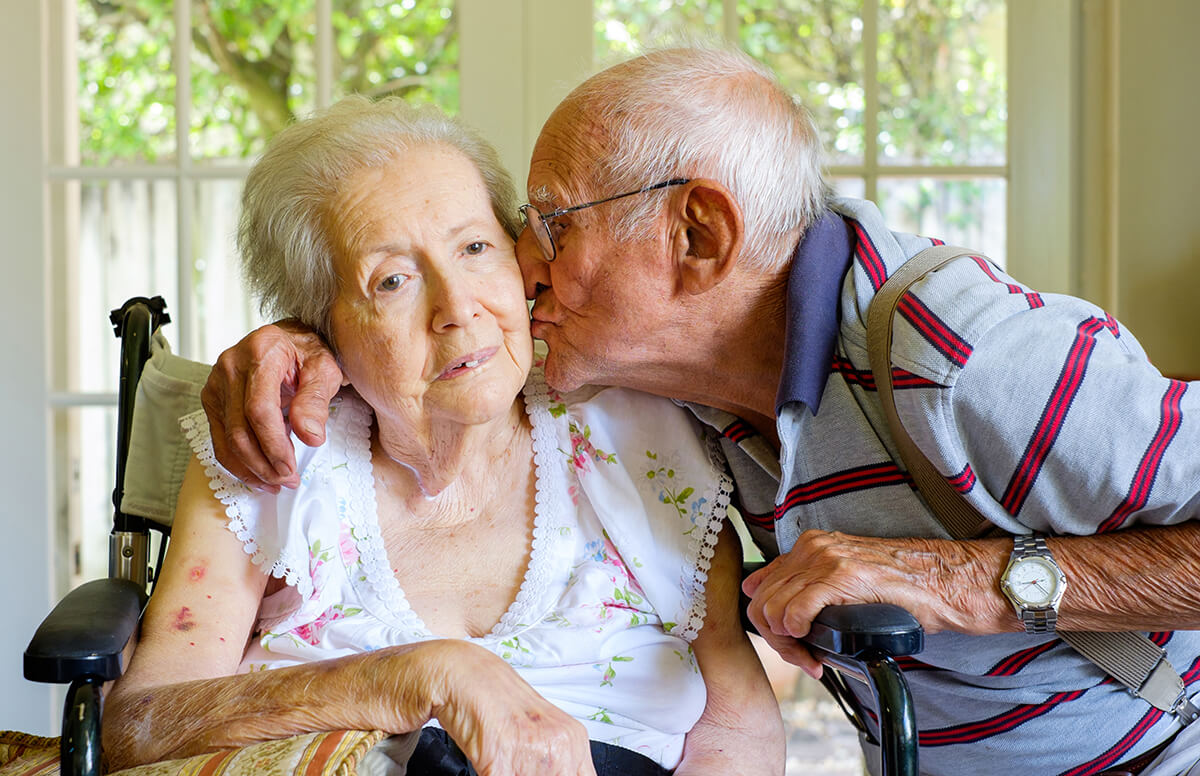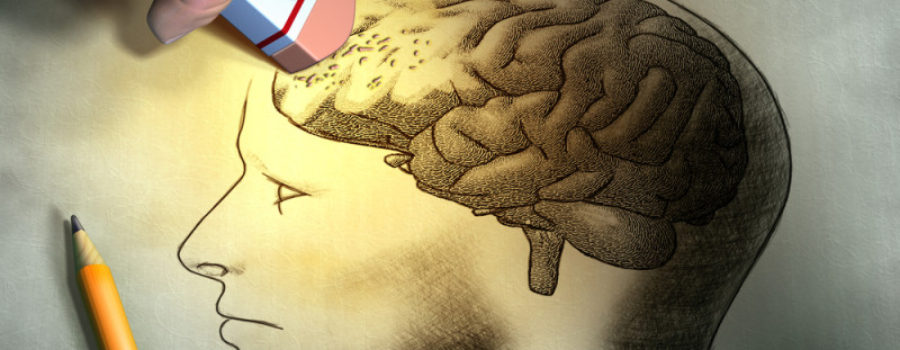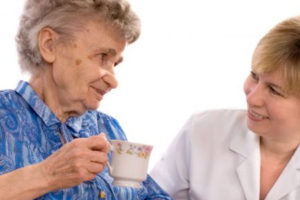Dementia is defined as:
… a gradual decline of mental ability that affects your intellectual and social skills to the point where daily life becomes difficult.- chealth.canoe.ca
Top Early Signs of Dementia
✓ Subtle short-term memory loss.
✓ Difficulty communicating thoughts.
✓ Rapid agitation and mood swings.
✓ Disregard for grooming and personal hygiene.
✓ Difficulty identifying humor.
✓ Frequent falling and tripping.
✓ A lapse in judgment.
✓ Misplacing things.
✓ Lack of initiative or apathy.
✓ Getting confused often.

The word dementia is a general term. There are many types of dementia. They are differentiated depending on what physical changes occurred in the brain. Some dementias are reversible with treatment and some are not.

The effects of an individual having dementia can vary, affecting personality, memory (short term or long term), decision-making, judgment and/or give the feeling of disorientation. Research states that dementia affects 5% of people 65 and over. However, it is not limited just to our aging population.
Dementia is different from the behaviour of forgetting car keys to repeating stories, which are caused by our stressful daily lives and bombardment of information overload. It is a serious condition, suddenly presenting itself, impairing an individual’s ability to complete daily tasks and is not a normal part of aging. It can become present after a stroke, multiple strokes or in the combination of a stroke and Alzheimer’s disease. Family history (genetics), aging, high blood pressure, high cholesterol, diabetes, and smoking are contributing factors to an individual’s risk of developing dementia.

9 Ways To Help Reduce The Risk Of Dementia
1.) Take Vitamin D
2.) Challenge Your Brain
3.) Stay Physically Active
4.) Control Your Alcohol Intake
5.) Protect Yourself Against Head Injuries
6.) Be Social
7.) Take Vitamin B
8.) Stop Smoking
9.) Track Your Numbers – blood pressure, cholesterol levels and weight.

Some doctors believe that learning new things helps keep the brain healthy!

Dementia is not a disease, rather it is a collection of many symptoms that suggest the presence of a brain disorder. – Unknown
Supporting an individual with dementia involves assisting them with their declining memory and developing behaviours which may appear from the use of medications and/or their acceptance of a new life situation. The use of visual supports and strategies can support an individual with their gradual loss of memory, social etiquette, repetition, disorientation, misplaced objects, confusion, irritability, anxiety, depression, restlessness, improving functional independence and quality of life.
RELATED LINKS:
Join The Conversation
Are you supporting a challenging client or loved one with dementia? What is the greatest challenge you face? Leave me a comment here, and join the conversation on Facebook where I asked, “My greatest challenge of supporting an individual with dementia is_____________.”
Workshop Presentation - Visual Aids and Strategies for Caregivers
Contact Vizually Speaking today to learn how Visual Aids and Strategies for Caregivers/Parents can decrease the undesired behaviour(s), improve communication, promote independence and increase self-confidence. Through our dynamic presentation you will:
✓ Uncover the importance of using Visual Aids and Strategies.
✓ Discover the benefits of Visual Aids and Strategies.
✓ Learn how to overcome communication barriers.
✓ Promote independence and decrease undesired behaviours.
✓ Be introduced to NEW resources.
EVERYONE benefits from Visual Aids!

Caring for a loved one with dementia is difficult. It requires understanding, patience, and compassion. Vizually Speaking understands, providing you a service, designing, creating and implementing individualized visual aids and strategies to assist the needs of an individual diagnosed with dementia, their families, and caregivers. Contact us today for a FREE consultation.



